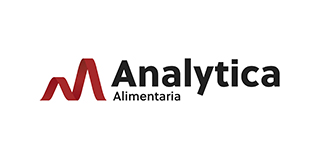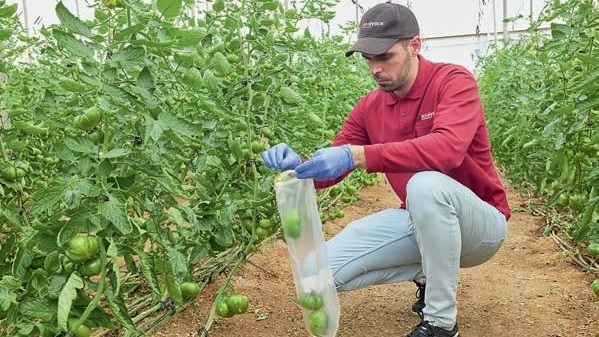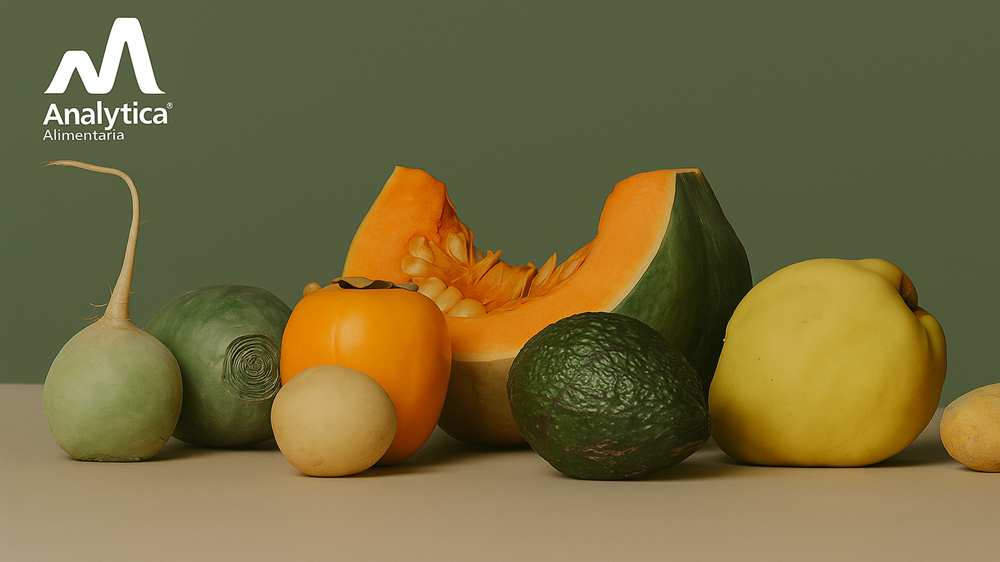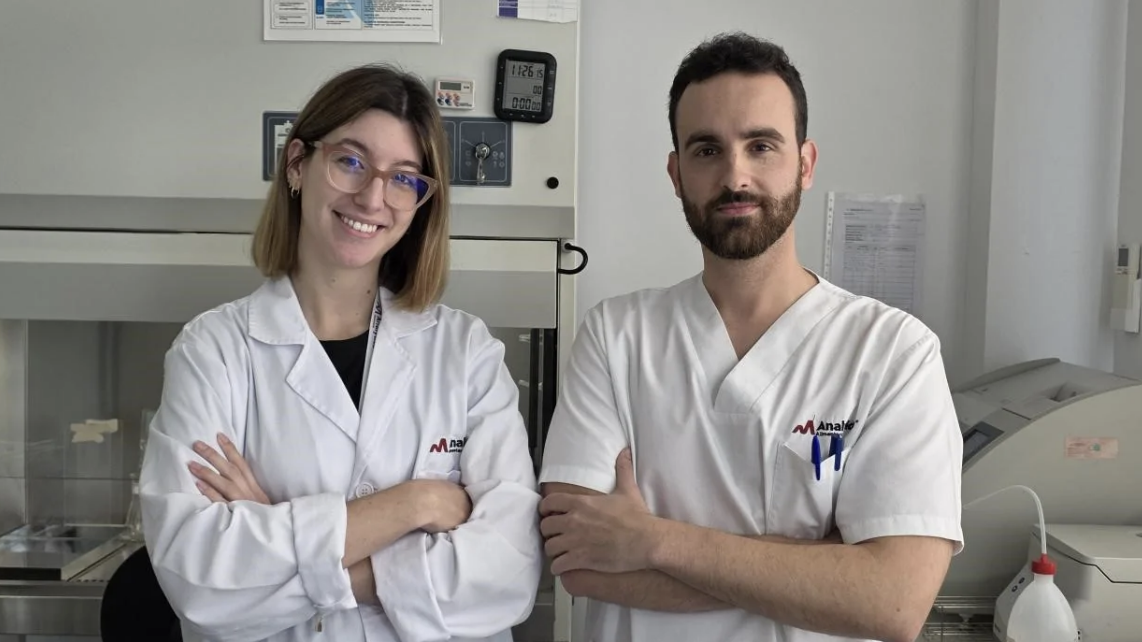

Analytica Alimentaria
Measurements
The Impact of Climate Change on Food Safety
In his article for the latest issue of the German Fruchthandel Magazin, specializing in the trade of fresh fruits and vegetables, Dr. Oliver Stolper, Analytica Alimentaria GmbH Head of Projects, analyzed the impact of climate change on fruit and vegetable production, and therefore, on consumer food safety

The production of fruits and vegetables is severely affected by climate change. While the immediate effects on the quality and availability of products are evident, the consequences for food security may not be easily recognizable in the short term.
Extreme weather conditions disrupt the plant's calendar: budding and flowering occur earlier, and the production cycle is shortened or prematurely halted. High temperatures and, in some cases, elevated humidity favor the spread of insect pests and fungal diseases. As a result, more treatments with different active substances are required. In other cases, the reproductive cycles of harmful and beneficial insects are not synchronized, leading to the need for chemical plant protection to safeguard the harvest due to the lack of beneficial insects.
The shorter reproductive cycles of pathogens also lead to quicker adaptation to existing pesticides and, consequently, faster development of resistance. Research for the development of new active substances is time-consuming and expensive. The use of existing active substances is often restricted after toxicological reevaluation, as their use would exceed maximum residue limits (MRLs). Consequently, producers have fewer options to protect their production. In terms of product safety and marketing control, the focus must increasingly be on (still) unauthorized active ingredients that may not be part of (or have ceased to be part of) the active ingredient spectrum.
Threat of new pests
Another risk has increased in recent years: through intense global trade, invasive pest species and viruses have been introduced. In combination with the aforementioned unusual climatic conditions, which significantly shorten the reproduction phases of insects, producers face new challenges. On one hand, the use of pesticides is heavily regulated by the retail sector beyond legal frameworks. On the other hand, the harvest is threatened by new pests for which there are usually no control concepts or suitable active ingredients, simply because experience is lacking. This, in turn, increases the risk of using substances that are not (or are no longer) authorized.
A concrete example is the appearance of the New Delhi virus in cucurbits such as zucchinis and cucumbers. This virus is transmitted by vector insect pests such as whiteflies. Biological pest control is not sufficient, as it can never completely eradicate them. Therefore, the use of effective insecticides is inevitable to avoid compromising the harvest. Another example: just last year, there were three new types of thrips that caused economic damage to crops in Spain. Effective control strategies against them are still not available.
There is extensive experience in established value chains to supply the German retail food sector. The new challenges in the phytosanitary sector can be adequately addressed if stakeholders collaborate with trust. However, climate fluctuations increasingly complicate volume planning. Planning becomes uncertain, and supply gaps have to be filled with goods from other origins or regions. To have sufficient goods at the point of sale, suppliers without the necessary experience to produce products with the usual quality and high food safety standards are often sought in such situations. The shift to origin countries like Turkey or Egypt requires increased vigilance and appropriate measures due to different legislation, infrastructure, and advisory services currently in place.
The challenges posed by these climatic phenomena are immense, not only for production but also for food security. Field conditions must be continuously monitored and adequately assessed. For this, it is essential to have solid and extensive technical knowledge. Analytica Alimentaria has a broad network of employees in the most important production regions of Southern Europe, Poland, and some South American countries. This allows us to assess the relevance of extreme climatic phenomena for food security. All of them are experts with many years of experience in the cultivation of fresh fruits and vegetables. This experience is incorporated into risk assessment, an additional service that represents a fundamental added value for our clients. This means that food safety can be precisely controlled where it is truly necessary.
Access to the original article: German and Spanish Versions.












